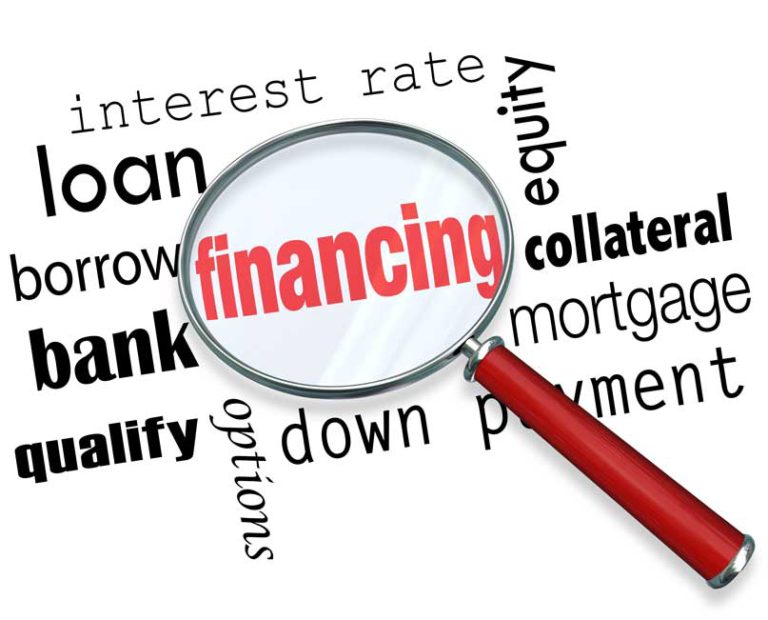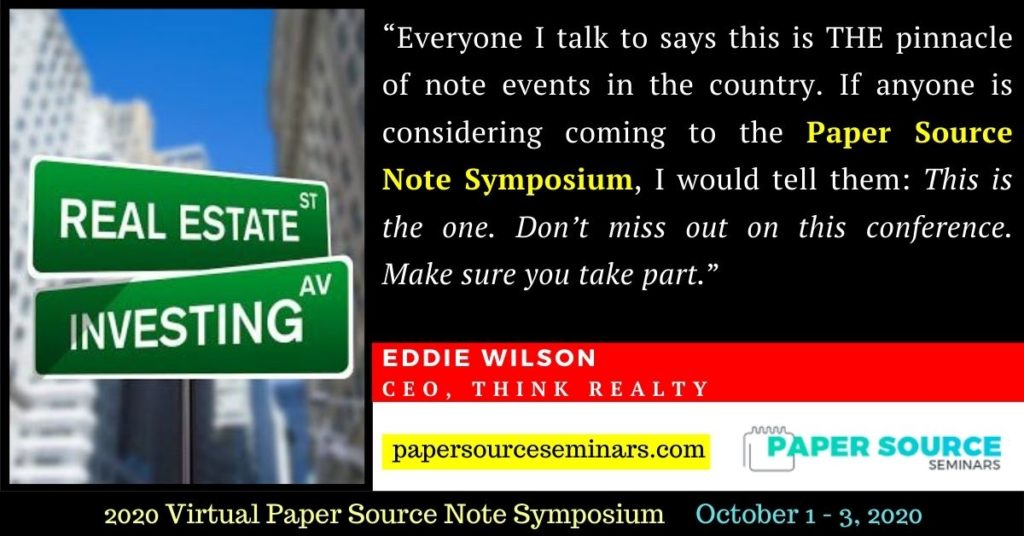By Lew Sichelman
Published by the Hartford Courant on August 5, 2020
Investors in private mortgages are licking their chops over what some see as a pending tidal wave of note sales in the coming months.
They believe many sellers will be forced to finance their own sales — or, in the parlance of the trade, “hold the paper” — because their buyers won’t be able to qualify for a mortgage from traditional lenders.
“More than half of the loans made in 2019 would not meet today’s criteria,” says Sarah Strochak, a research analyst in the Urban Institute’s Housing Finance Policy Center.
Some sellers will be content to collect their money bit-by-bit over the months, as though they were landlords. But note-buyers think those who want their proceeds sooner, and in one lump sum, will want to sell their paper, even if it means putting less cash in their pockets.
“A seller-held tsunami is on the horizon,” says William Mencarow, publisher of The Paper Source newsletter.
Scott Arpan of Advanced Seller Data Services, a supplier of leads for seller “carry-back” notes, believes a slew of paper will hit the market in the coming months.
“History shows we will see a flood of new notes,” Arpan says. “Unless the economy can quickly return to full employment, many (buyers) will suffer damaged credit even when they are responsible borrowers.”
The question for sellers, then, is how to create a financing vehicle that investors will want to take over if and when the time comes to sell it.
For starters, spend the money to have a local real estate attorney create the necessary, state-specific documents. Absent that, find a paralegal to handle the task, or search the legal websites. Your house is too valuable to rely on standard forms sold at office supply stores.
Realize, too, that you’ll have to sell at a discount, otherwise there’s no reason for an investor to take the mortgage off your hands. And the price they pay depends on any number of variables. The closer the paper is to bank quality, though, the smaller the discount.
Says Mencarow, most legit note-buyers are looking for seasoned notes — those that are at least six months old, and that have been paid on time. Even more important, however, is what you collect each month. The monthly payment is “the single most powerful financial aspect determining the value of a note,” according to Mencarow.
An amortized note is more valuable than one with a balloon payment at the end of the loan’s term, he adds. In other words, all else being equal, a 10-year note with a large monthly payment and no balloon is worth more than a 10-year note with a smaller monthly and a balloon payment at the end.
According to Mencarow, a single-family house in a stable neighborhood and occupied by a borrower with an excellent credit record and an unblemished payment record is “the best collateral possible.”
Some note-buyers might use a different hierarchy. Either way, you’ll want your mortgage to be in the first lien position, because if you have to foreclose on your borrower, you’ll want to be the first creditor to be paid from the proceeds of the property’s sale. That’s why a first lien is more valuable than a second — and a second, though not as valuable, is more so than a third.
In taking back paper, the seller becomes the lender.



